Got a bit long for comments, so here's an 'answer'. Composite keys aren't a bad thing. (But I don't use them.) The benefit of a unique synthetic key (identity column or UUID) is that it's stable. You add it once, leave it alone, and never have to update it. Like the old saying goes "smart numbers aren't." But one problem with synthetic keys is that they can obscure problems with the "real" key on the data. Say that you need uniqueness on three fields, more of more of which might change. Okay, that's a good place for a unique, synthetic key as long as you still enforce the uniqueness on the three fields. Postgres is great at this.
A synthetic PK is an implementation convenience, it's less important than your real-world rule. If that wasn't clear, the point is that if, say, three fields must be unique, that needs to be checked. The uniqueness here is based on the real world, as you've modeled it. Put another way, you can bolt a synthetic number/UUID onto the row, and voila! It's unique! But not in a useful way. So, use the synthetic PK, but add a unique index on the composites. This way, if any of the combined values change and violate your uniqueness rule, the engine blocks the insert/update. But you don't have to get into the messy business of reworking a PK which may be used elsewhere as a FK. For some docs, see:
https://www.postgresql.org/docs/current/index-unique-checks.html
https://www.postgresql.org/docs/current/ddl-constraints.html#DDL-CONSTRAINTS-UNIQUE-CONSTRAINTS.

